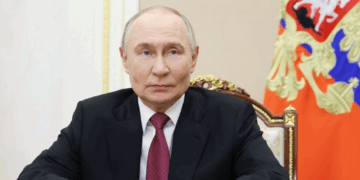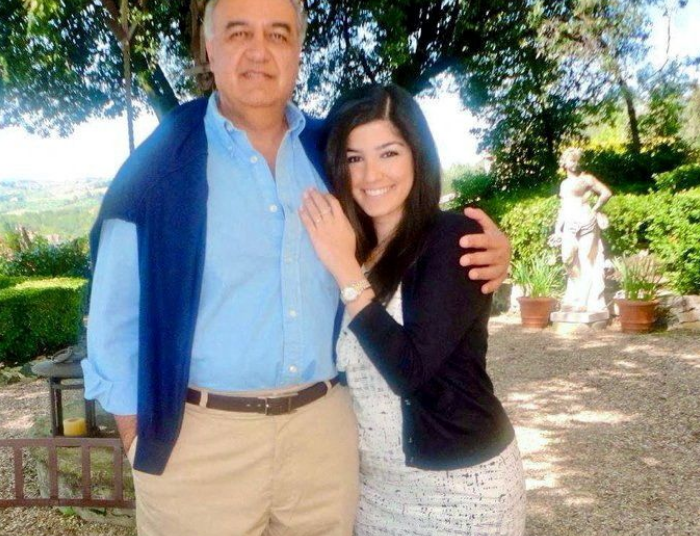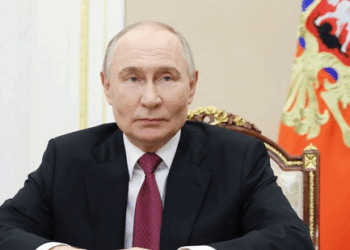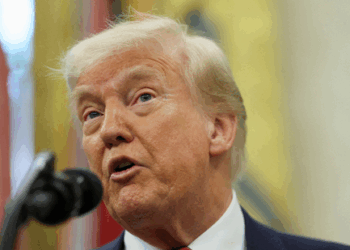A Qatari plane remained on standby in Iran on Monday, poised to transport five U.S. detainees as part of a prisoner exchange with Iran, a deal brokered by Qatar and months in the making. Simultaneously, this agreement has resulted in the unfreezing of approximately $6 billion in Iranian funds that were previously blocked due to U.S. sanctions.
The funds have been successfully transferred to accounts in Qatar, according to a source with knowledge of the situation. This financial transaction has set in motion the agreed-upon exchange between Iran and the United States, two nations known for their long-standing disputes, particularly surrounding Iran’s nuclear ambitions and various other contentious issues.
“A Qatari aircraft is on standby in Iran waiting to fly five soon-to-be-released U.S. citizens and two relatives to Doha on Monday morning,” the source confirmed.
Iran’s Foreign Ministry spokesperson, Nasser Kanaani, announced that the unfrozen funds, which had been held in South Korea since 2018 due to U.S. sanctions on Iran, would be made available to Tehran on Monday. Notably, under the terms of the agreement, Qatar will ensure that these funds are exclusively utilized for humanitarian purposes, such as the procurement of food and medicine.
As of now, there has been no immediate public comment from U.S. officials regarding this prisoner exchange and fund release.
The five U.S. citizens who hold dual nationality are expected to depart from Doha, Qatar, en route to the United States. In return, five Iranians who had been detained in the United States will be set free.
Iran’s Foreign Ministry spokesperson clarified that two of the released Iranians would return to Iran, while the other two had chosen to remain in the United States. Additionally, one detainee would join his family in a third country.
This deal represents a significant breakthrough in U.S.-Iran relations, eliminating a major point of contention between the two nations. The United States has labelled Iran as a state sponsor of terrorism, while Iran has referred to the United States as the “Great Satan.”
However, it is essential to note that the U.S. and Iran remain deeply divided on various other issues, spanning from Iran’s nuclear program and its regional influence to U.S. sanctions and America’s military presence in the Gulf.
Qatar, a nation with substantial wealth derived from its energy resources, has actively sought to enhance its global standing. Notably, it recently hosted the FIFA World Cup and has played a pivotal role in international diplomacy. Qatar, a predominantly Sunni Muslim nation, maintains a significant U.S. military presence while simultaneously fostering close ties with Shiite Muslim Iran.
Doha has overseen no less than eight rounds of negotiations between Iranian and U.S. delegates, with negotiators sitting in separate hotels and shuttle diplomacy being employed to facilitate discussions.
One of the key components of the agreement is Qatar’s role in monitoring how Iran allocates the unfrozen funds. The objective is to ensure that these funds are strictly earmarked for humanitarian goods and do not support items subject to U.S. sanctions.
The transfer of Iran’s frozen assets has faced criticism from U.S. Republicans, who argue that it amounts to a ransom payment for U.S. citizens. However, the White House has defended the agreement.
Among the U.S. dual citizens to be released are Siamak Namazi, 51, and Emad Sharqi, 59, both businessmen, and Morad Tahbaz, 67, an environmentalist with British nationality. They had been released from prison and placed under house arrest last month. The identities of the other two released U.S. citizens have not been disclosed.
The Iranian authorities have identified the five Iranians to be released by the United States as Mehrdad Moin-Ansari, Kambiz Attar-Kashani, Reza Sarhangpour-Kafrani, Amin Hassanzadeh, and Kaveh Afrasiabi. While it has been confirmed that Kaveh Afrasiabi will remain in the United States, the status of the others has not been explicitly mentioned.
Tensions between Washington and Tehran have been on the rise since former President Donald Trump, a Republican, withdrew the United States from the 2018 nuclear agreement between Iran and global powers. Efforts to revive a similar nuclear deal have made limited progress, with President Joe Biden currently preparing for the 2024 U.S. presidential election.
As the initial step in the agreement, Washington has waived sanctions to facilitate the transfer of $6 billion in Iranian funds from South Korea to Qatar. These funds had been blocked in South Korea, traditionally one of Iran’s significant oil customers, due to sweeping U.S. financial sanctions imposed on Iran.








 India
India












